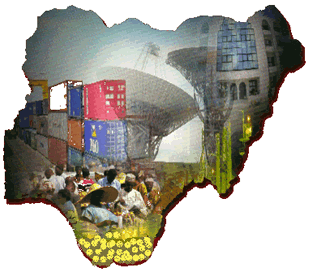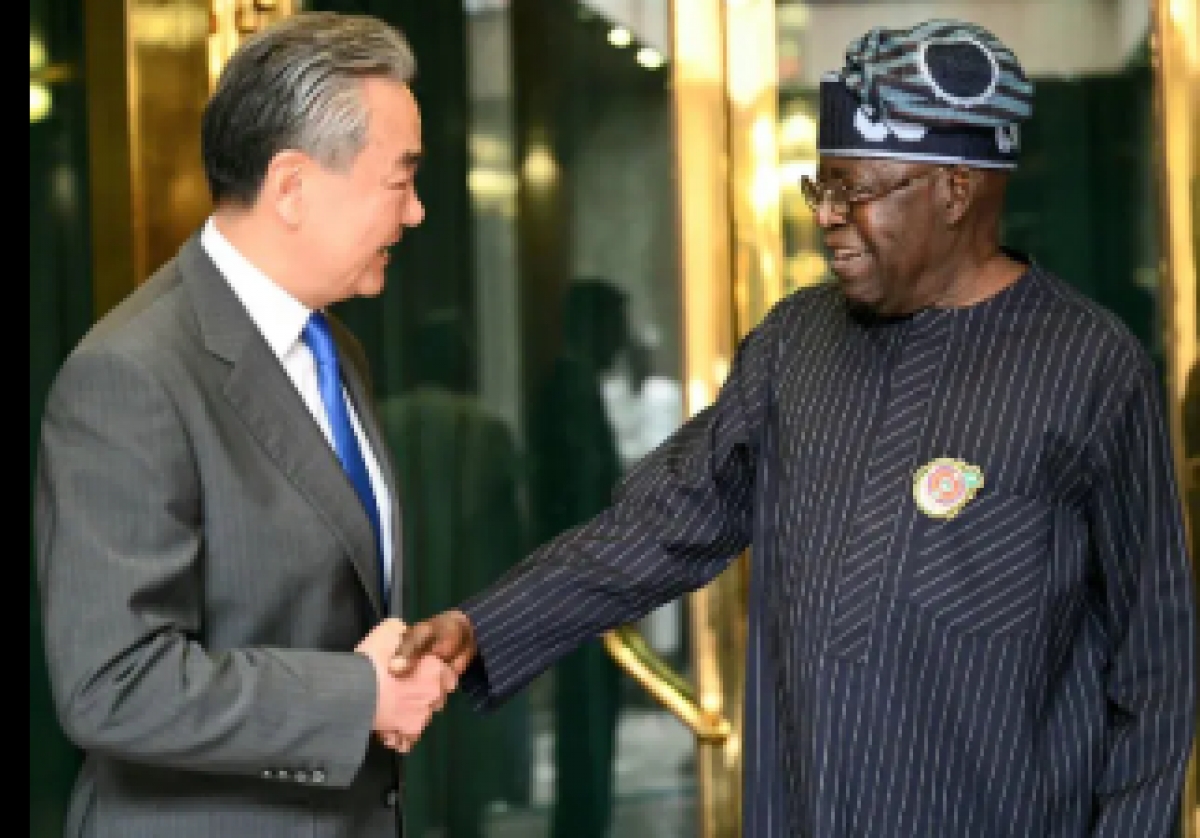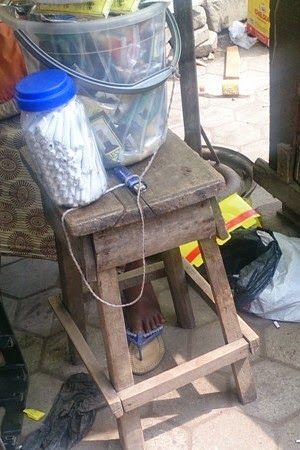Oil, Agric, Manufacturing, Trade Sectors Record Improved Performances

The results stated that Oil GDP recovered significantly from -11.63 per cent in Q2 2016 and -15.40 per cent in Q1 2017 to 1.64 per cent in Q2 2017.
Did you know? You can comment on this post! Just scroll down
But while Oil GDP expanded considerably in the second quarter of 2017, Non-oil GDP only grew at 0.45 per cent, down from 0.72 per cent in the preceding quarter and -0.38 in the corresponding period in 2016.
It also showed that agriculture continued its strong and positive growth, which it had maintained throughout the recession, growing by 3.01 per cent in Q2 2017, from 3.39 per cent in Q1 2017 and 4.53 per cent in Q2 2016.
Manufacturing retained its positive growth for the second consecutive quarter in Q2 2017, growing at 0.64 per cent compared to 1.36 per cent in Q1 2017 and -3.36 per cent in Q2 2016, while trade which has a dominant share of GDP remained negative at -1.62 per cent, but the contraction in the sector decelerated from the -3.08 per cent recorded in Q1 2017.
The bureau report hinted that electricity, gas and financial institutions sectors also recorded strong growths, with electricity and gas growing by 35.5 per cent, compared to -5.04 per cent in Q1 2017 and -10.46 per cent in Q2 2016 and financial institutions growing by 11.78 per cent in Q2 2017, compared to 0.60 per cent in Q1 2017 and -13.24 per cent in Q2 2016.
The report noted: “As a percentage of GDP, services retained the giant share of GDP at 53.73 per cent in Q2 2017, down by 1.94 per cent points (55.67 per cent) from the first quarter of 2017 and 54.80 per cent in Q2 2016; industries accounted for 23.31 per cent of GDP, compared to 22.90 recorded in Q1 2017 and 22.65 per cent in Q1 2016; while agriculture accounted for 22.97 per cent of GDP in the quarter under review, compared to 21.43 per cent in Q1 2017 and 22.55 per cent in Q2 2016.
“Foreign trade has also contributed to improving economic conditions with exports amounting to N3.1 trillion in Q2 2017 while imports which increased by 13.5per cent amounted to N2.5 trillion in the same period. The overall trade balance thus remained positive at N0.60 trillion”.
In a statement he issued yesterday, Dipeolu said, “Unemployment however remains relatively high but job creation is expected to improve as businesses and employers increasingly respond more positively to the significantly improving business environment and favorable economic outlook.
“Besides, as key sectoral reforms in both oil and non-oil sectors gain traction, the successful implementation of ERGP initiatives such as N-Power and the social housing scheme will boost job creation.
“Food inflation also bears watching as it has remained quite high and volatile due mostly to high transport costs and seasonal factors such as the planting season. Investments in road and rail infrastructures, increased supply and availability of fertilizers and improvements in the business environment should contribute to the easing of food prices.
Article Posted 7 Years ago. You can post your own articles and it will be published for free.
No Registration is required! But we review before publishing! Click here to get started
One Favour Please! Subscribe To Our YouTube Channel!
468k
Cook Amazing Nigerian Dishes, Follow Adorable Kitchen YouTube Channel!
1.1m
Like us on Facebook, Follow on Twitter
React and Comment
Click Here To Hide More Posts Like This
Watch and Download Free Mobile Movies, Read entertainment news and reports, Download music and Upload your own For FREE.
Submit Your Content to be published for you FREE! We thrive on user-submitted content!
But we moderate!


















